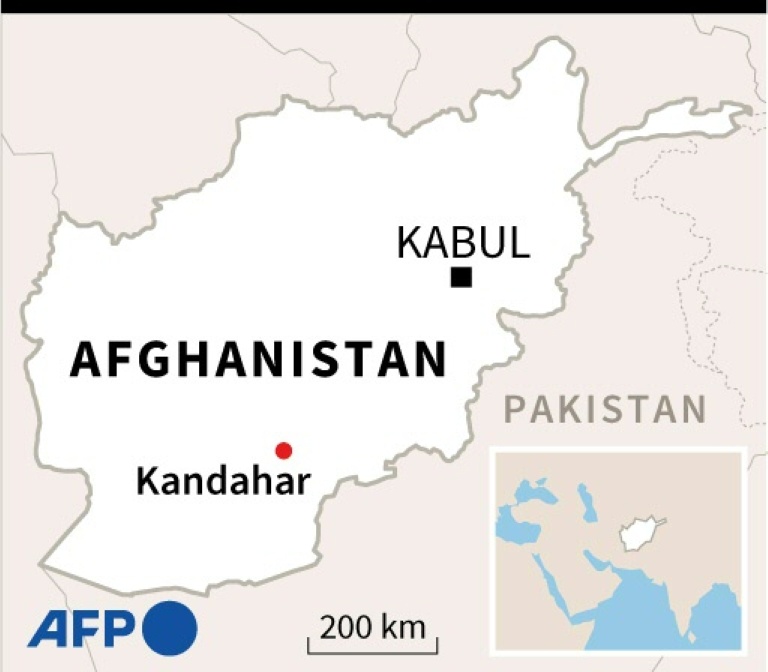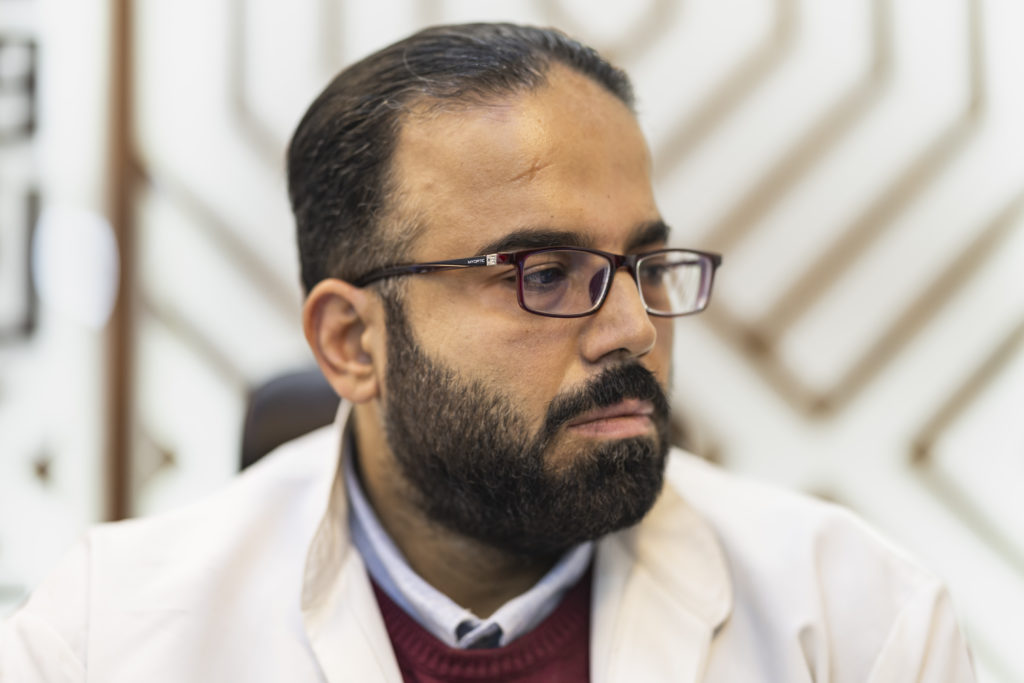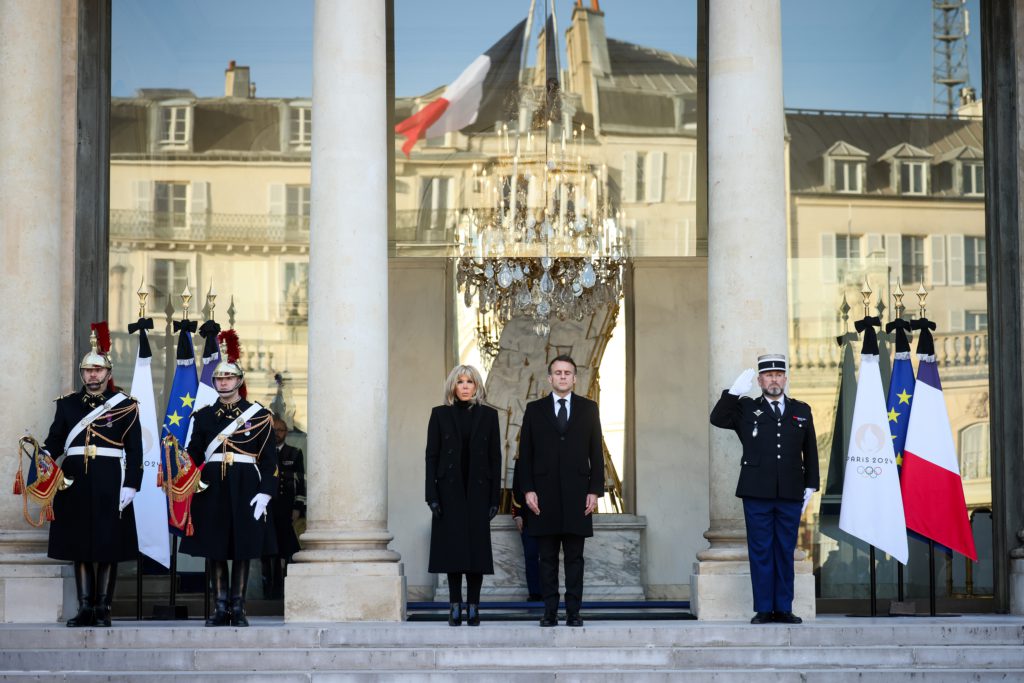Blasts tore through a Shiite mosque in the southern Afghan city of Kandahar during Friday prayers, killing at least 32 people and injuring 53 others.
The cause of the explosions was not immediately clear, but they came a week after a suicide attack on Shiite worshippers at a mosque in the northern city of Kunduz that was claimed by the Islamic State group.
A doctor at the city’s central Mirwais hospital told AFP: “Thirty-two bodies and 53 wounded people have been brought to our hospital so far.”
Other medical sources and a provincial official confirmed a toll of more than 30, and at least 15 ambulances were rushing to and from the scene.
The mosque’s Facebook account made an appeal for blood donations.
An eyewitness told AFP he heard three explosions, one at the main door of the mosque, another at a southern area, and a third where worshippers wash before their prayers.
Another witness also said that three blasts rocked the mosque in the centre of the town during Friday prayers, the busiest congregation of the week.
“We are saddened to learn that an explosion took place in a mosque of the Shiite brotherhood in the first district of Kandahar city in which a number of our compatriots were martyred and wounded,” tweeted interior ministry spokesman Qari Sayed Khosti, of the Taliban movement that rules Afghanistan.
“Special forces of the Islamic Emirate have arrived in the area to determine the nature of the incident and bring the perpetrators to justice.”
– Many worshippers –
Graphic images posted to social media, which could not be immediately verified, showed bodies lying on the floor of the Fatemieh mosque.
Last Friday, an Islamic State-Khorasan (IS-K) suicide bomber targeted a Shiite mosque in Kunduz, killing scores of people.
The group, a bitter rival of fellow Sunni Islamist movement the Taliban, claimed responsibility for the attacks against Shiite worshippers, whom it regards as heretics.
The Taliban, which seized control of Afghanistan in mid-August after overthrowing the US-backed government, has its own history of persecuting Shiites.
But the new Taliban-led government has vowed to stabilise the country, and in the wake of the Kunduz attack promised to protect the Shiite minority now living under its rule.
Shiites make up roughly 10 percent of the Afghan population. Many of them are Hazara, an ethnic group that has been persecuted in Afghanistan for decades.
In October 2017, an IS suicide attacker struck a Shiite mosque in the west of Kabul, killing 56 people and wounding 55.










